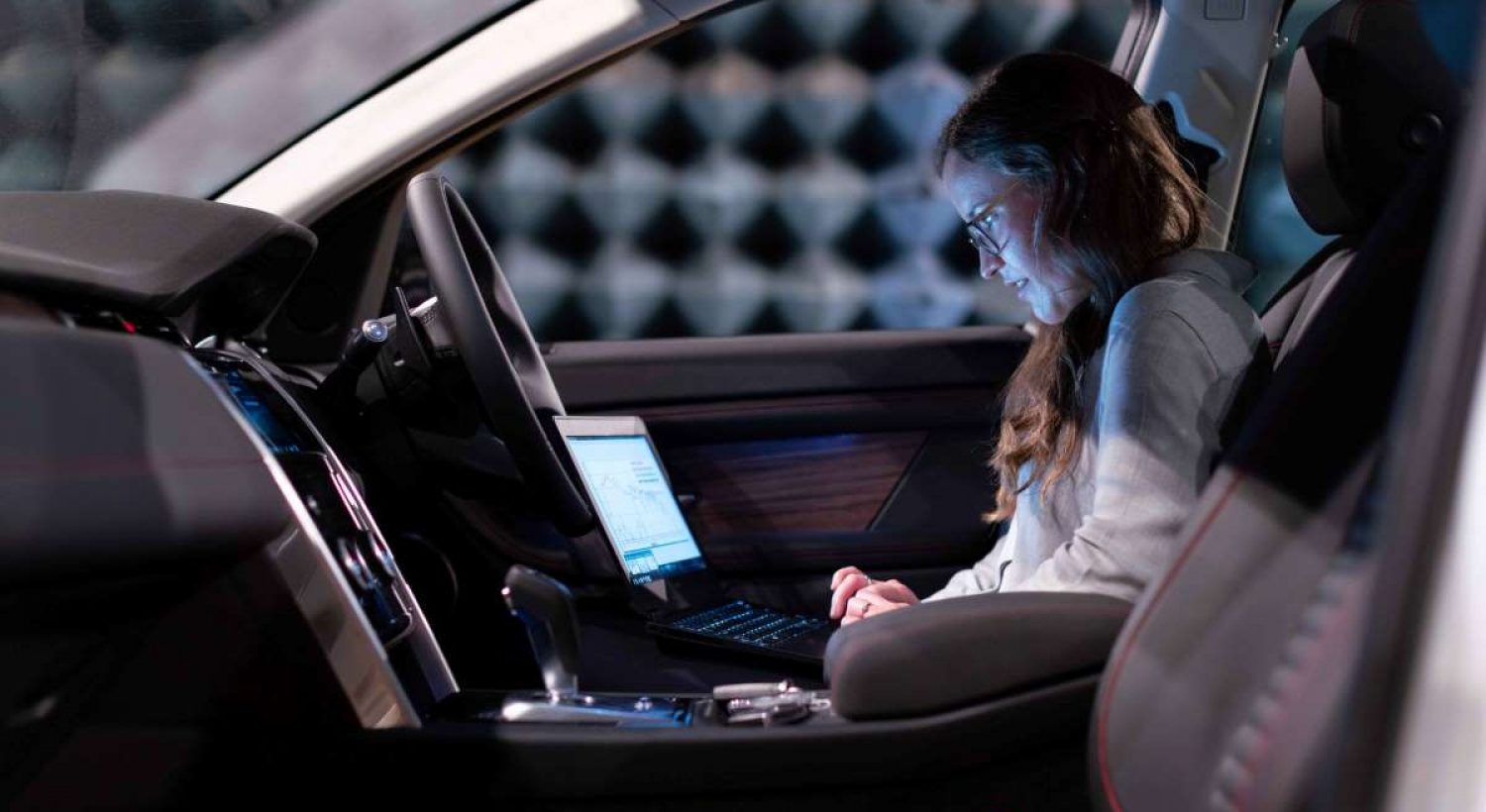Market needs and business models for autonomous vehicles
Ensuring economically viable outcomes from a flagship European research and development project

Urban Foresight was a key partner in a flagship €10.2 million project to develop solutions for ICT Infrastructure for Connected and Autonomous Road Transport
ICT4CART was a four year research and development project comprising 22 partners from across Europe.
The main objective of the project was to design, implement and test the ICT foundations and identify gaps in existing architecture to facilitate the transition to more advanced levels of vehicle automation.
This included piloting solutions in four high-value real-world use cases in urban and highway test sites in Austria, Germany and Italy. The specific ICT components the project focuses on include hybrid connectivity, data management, cyber-security, data privacy and accurate locality.
Each of the pilot sites focuses on trialling connected and autonomous vehicles in different road environments and a range of innovative mobility services.
Partners in the project included Airbus, Bosch, BMW, IBM and Nokia amongst others.
Urban Foresight was the only UK-based partner and led the market analysis and business model synthesis for the programme. Our overarching responsibility was to ensure that there would be economically viable outcomes for the research and development of these technologies.
Our findings were informed by a comprehensive review of global best practice. This considered the capacity of different locations to deploy vehicles and infrastructure, and identifying cutting-edge developments.
We led on analysing the market needs for the connectivity infrastructure that will enable connected and autonomous vehicles. The outputs from the research and analysis on market needs subsequently informed the design of the specifications for the programme’s ICT solutions.
Urban Foresight was also responsible for investigating the potential commercial and societal impact of the real-world pilots, bringing together data and opinions from across the pan European consortium. This included working closely with industry, public sector and academic partners across Europe to determine the commercial viability of the project’s solutions.
In addition, we led on developing business models for infrastructure deployment for connected and autonomous vehicles. Part of this remit included encouraging innovative thinking and solutions across the consortium.
The project provided significant experience in the challenges of developing and delivering innovative infrastructure technologies. It identified best practice on how to plan and deploy autonomous vehicles into the transport system, as well as gauging their socio-economic impact. It also provided insights from implementing autonomous vehicle pilots and working with transport authorities to plan developments, infrastructure and related investments.
Image credit: ThisisEngineering RAEng

![cyberessentials_certification mark_colour [12] cyberessentials_certification mark_colour [12]](https://urbanforesight.org/wp-content/uploads/elementor/thumbs/cyberessentials_certification-mark_colour-12-pnvwipr8zh5rhqz25vzzioz2x8t2zltvu0gwqv4000.png)
